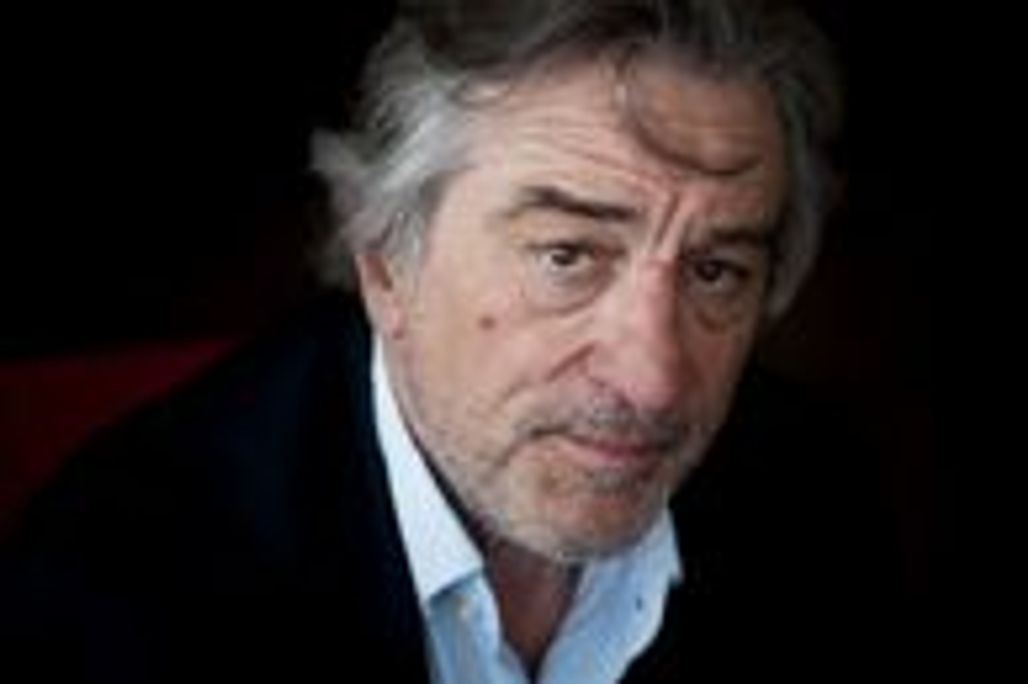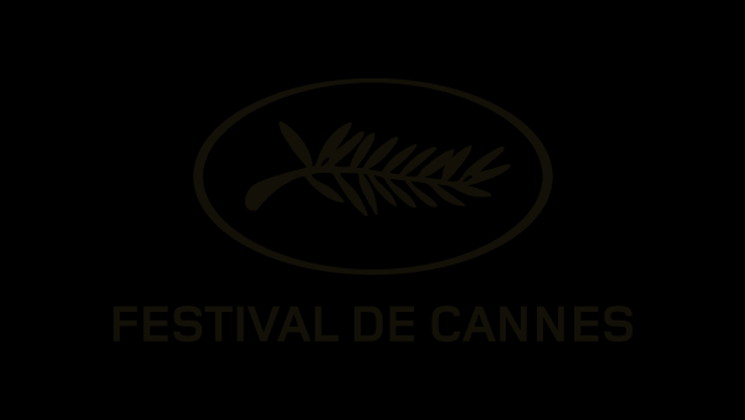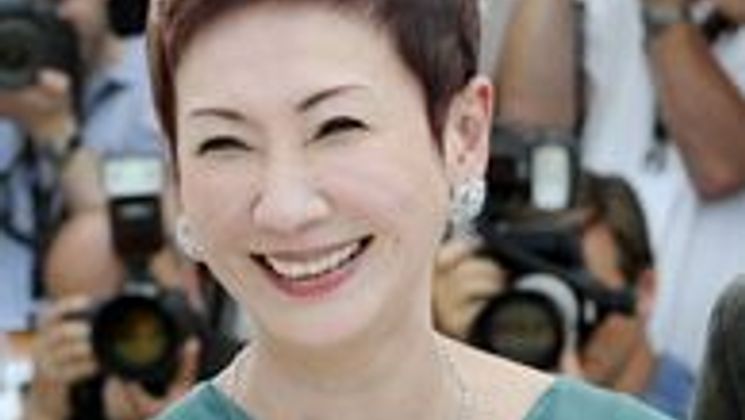
Interview with Robert De Niro

Thirty-five years after having set foot for the first time at the Festival de Cannes alongside Martin Scorsese for the film Taxi Driver (Palme d’Or 1976), the American actor, director and producer Robert De Niro was present for the first time as the President of the Feature Film Jury for this 64th edition. An interview with a film legend.
How did you react when you received the Festival de Cannes’ invitation to be President of the 64th Cannes Festival Jury and how has it been since you got here?
I was honoured to be asked to do it. I’ve always thought it would be a unique experience, and well, it has been really good. Everybody has been very nice. We haven’t finished our work as a jury yet but I can say it will be a wonderful memory.
What does the Cannes Festival represent for you and what is its place in the world of film?
Well, it’s one of the greatest film festivals in the world, obviously. It is very important for a film to be screened in Cannes. The most difficult thing for a director is to get in. Cannes is also where the annual reunion of the whole family of cinema takes place.
What are your memories of your previous times at the Festival?
The first time I came to Cannes was for Martin Scorsese’s Mean Streets in the Director’s Fortnight in 1973. It was a lot of fun and very exciting. Three years later I came for Taxi Driver, in the Official Selection some thirty-five years ago. But every time I’ve come, it has been interesting, fun and exciting.
How significant was winning the Palme D’Or for Taxi Driver for your career?
It was above all important for the film, and less for my career as an actor. I’m not sure how Taxi Driver was received in the rest of the world, but in the United States, the film was immensely successful after Cannes.
In 2002, you co-founded the Tribeca Film Festival in New York. Can you tell us about this festival and its aims?
We created Tribeca Film Festival mainly because of the 9/11 attack. We wanted to associate the film festival with the suffering caused by these events in New York, and in all of Manhattan and the US. We didn’t know when we started how long it would run. Over the years things developed. Its goal is just to exist and give something to people that makes them want to come back and to create new films, because technology is changing so much. The other night, we had a nice tribute here in Cannes to Tribeca.
It was a French director, Marcel Carmé, who gave you your fist role in front of a camera, in 1965. What do you remember about that?
I was just an extra for a day or two. It was called Three Women in Manhattan (Trois Chambres à Manhattan), filmed in a coffee shop that was supposed to be on Madison Avenue. I remember that Annie Girardot played in that movie. I don’t even know if she ever knew that I was in it as well.
What made you become a director and work on the other side of the camera?
I always liked the idea of directing. I would like to do more of it but it takes a lot of time. I like the way it keeps my mind busy with all the decisions and choices. I’d really like to do it again.
You have a reputation for being able to completely merge into the character you are playing. Has your own personality brought more to the actor, or has the actor given more to the man?
I think that all actors grow through their contact with the characters they play. Certain parts of each of them contribute to who you are, to the extent that they are compatible with your own personality. And then we bring something of ourselves to the roles, giving them our personal stamp, which is what an actor has to do if he wants to do good work. That is what lets you connect with the character you are playing.
How far can do you think film can take us?
I believe it can change people in certain ways. A person’s reaction to a film can have a long-term subjective effect. But when a movie affects people collectively, it is because it has something almost everyone can relate to. I guess that is what can make a movie into a cult film.
Interview comments gathered by B. P.

